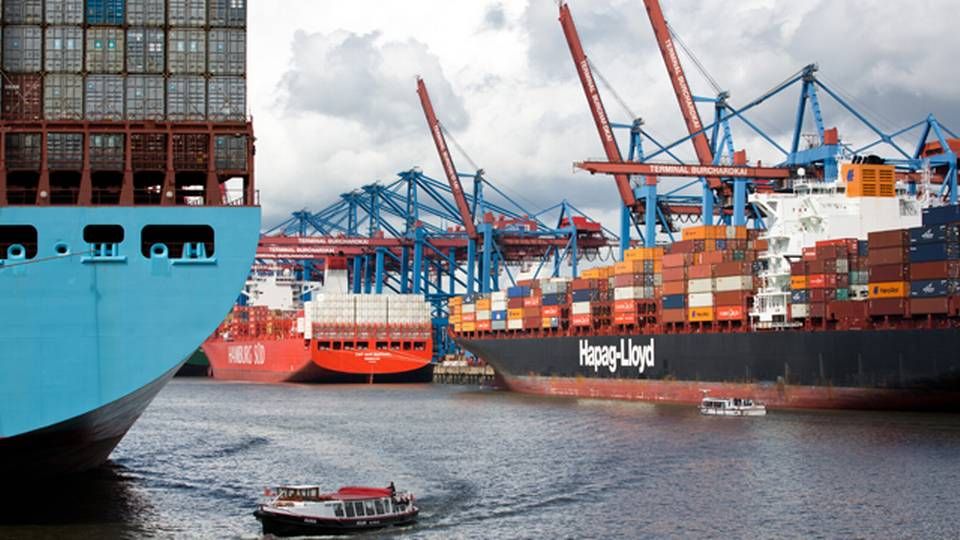Pension funds enter shipping investment

LONDON
Marine Capital, headquartered in London, is preparing to launch its next major investment entity in the maritime industry with focus on various shipping sectors. This time the investors will be several institutional pension funds, with which the company is currently negotiating.
Together with an institutional investment fund, Marine Capital is already involved in the dry bulk industry with a fleet of seven vessels. The coming investment will, however, embrace all main segments of the shipping industry.
From the perspective of the maritime world, Maritime Capital is unique compared to many private capital funds in that it acts as both fund manager and asset manager.
Marine Capital will raise funds from investors but also handle the investment internally, which means the company will operate the vessels. Staff is rooted in the maritime industry and not, as might be expected, in finance or private equity.
CEO Tony Foster himself worked 30 years in the maritime industry before he founded the investment company in 2003. Before that he was among the first directors of Hong Kong-based carrier Pacific Basin and he has also worked with ship management and as a ship broker.
Within six months
Within the coming three to six months, Foster expects that Marine Capital will launch its next huge investment which – with the involvement of pension funds as investors – will add a somehow new dimension to how investors are committed to the maritime industry.
So far, and above all during the last three to four years, a large number of private equity funds and hedge funds have entered the shipping industry – in some cases with loans for their own investments or via share investments in existing carriers. Critics have often said that this type of investment has contributed to destabilizing the market balance through a short term view investment strategy.
"What the shipping industry needs is permanent capital and long-term institutional investors such as pension funds are in an ideal position to provide this. During the coming few months we expect to launch a diversified shipping investment strategy which involves funding from pension funds that we are in dialogue with right now," Foster tells ShippingWatch.
He declines to name the pension funds Marine Capital is talking to, although he adds that they are mostly from the "Anglo-Saxon" world.
According to Foster, the prospect allocation of funding in the case of the largest investors can be up to 200 million dollars each. Altogether, the total investment could thus reach at least USD half a billion.
An open need
"The low prices in the shipping sector are not the key argument why pension funds are interested in entering the industry now. The challenge for many funds which are active investors in most businesses is: Where can I find de-correlated sources of returns and attractive yields? The market to match the shipping industry and the pension funds is wide open. The two sectors ought to be talking much more together, as the shipping industry needs what the pension funds have plenty of: Long-term capital," explains Tony Foster.
In Denmark, the pension funds are mostly active in maritime companies to the same extent as other investors. One example is ATP's investment in Maersk Group, where the shareholding is part of a large pool along with other investments. Most recently, the funds PFA and PKA also joined in the takeover of Danish Ship Finance alongside equity fund Axcel.
Regardless, Foster does believe that 2017 is in fact a good year to enter maritime investments. Generally speaking, this year will be better than 2016 with the balance of supply and demand moving in the right direction, he argues.
Marine Capital has an investment philosophy "to generate attractive returns via strategies involving the direct ownership of ships, predominantly in the conventional, or 'generic', sectors of the shipping market."
Since its foundation, the company has entered deals including the acquisition of a fleet of tankers alongside US stakeholders. Marine Capital maintained a shareholding in the fleet until it was divested.
The company also handled the administration of a distressed fleet of bulk vessels for a "high-profile" bond-holder as a result of a default.













